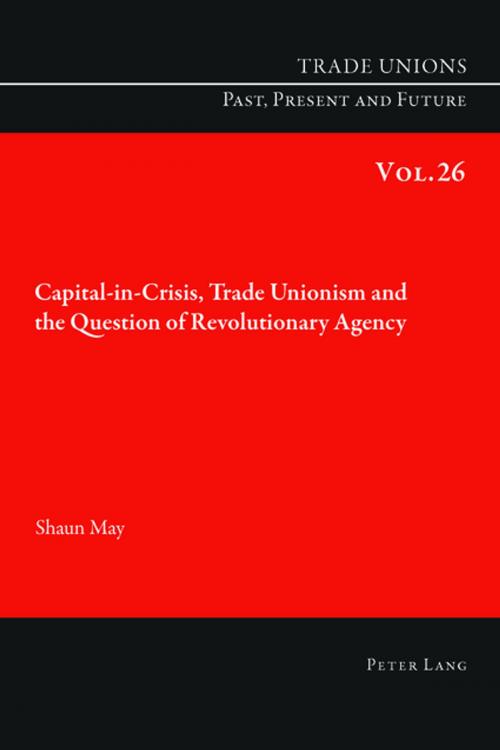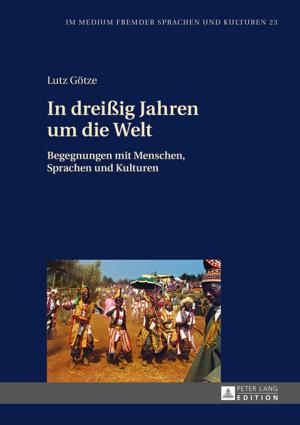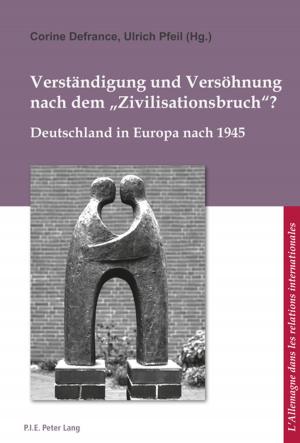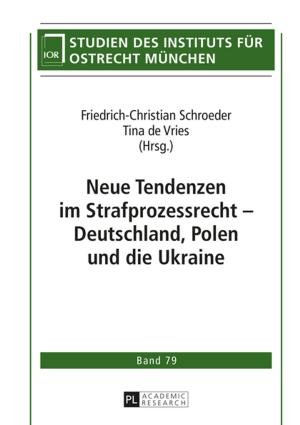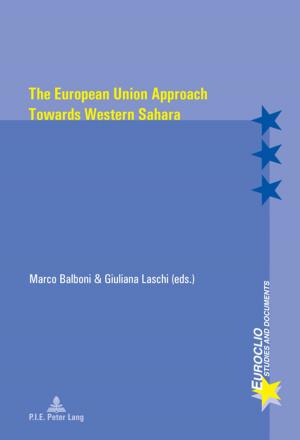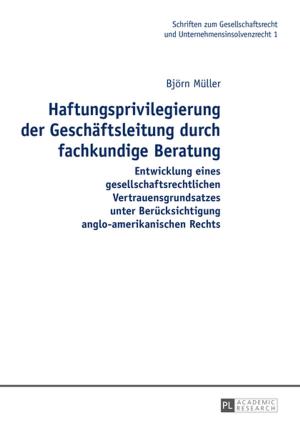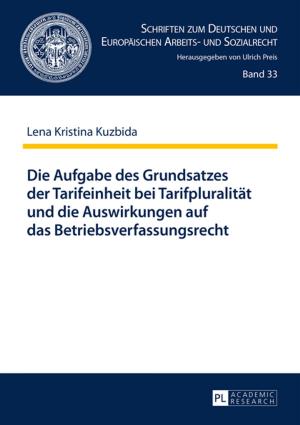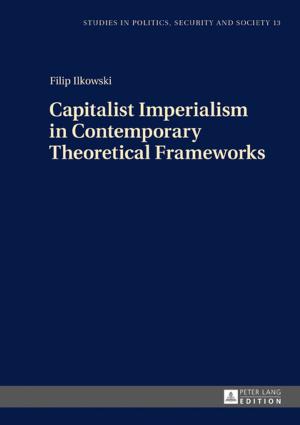Capital-in-Crisis, Trade Unionism and the Question of Revolutionary Agency
Fiction & Literature, Literary Theory & Criticism, European, German, Business & Finance, Economics, Economic History, Nonfiction, Entertainment, Music| Author: | Shaun May | ISBN: | 9781787072947 |
| Publisher: | Peter Lang | Publication: | March 21, 2017 |
| Imprint: | Peter Lang Ltd, International Academic Publishers | Language: | English |
| Author: | Shaun May |
| ISBN: | 9781787072947 |
| Publisher: | Peter Lang |
| Publication: | March 21, 2017 |
| Imprint: | Peter Lang Ltd, International Academic Publishers |
| Language: | English |
The entry of the capital relation into its epoch of structural crisis forms the material basis for the development of the author’s conception of revolutionary agency. Drawing on the work and achievements of both Marx and Hungarian socialist thinker István Mészáros, May relates the emergence and deepening of the structural crisis of the capital system to the decline of trade unionism as the traditional and universal form of organization deployed economistically by workers against capital. In the relationship between the «defensively-structured», universal trade union form and the growing and sharpening contradictions of the global capitalist system, he seeks to unearth the possibility of a higher form of agency which is more adequately adapted and sufficiently flexible to address the immediate and long-term objectives facing millions of people today worldwide in the age of capital’s «destructive reproduction». Looking back in order to look forward, he also subjects the form of agency evolved during the course of the Russian Revolution to a critique which relates it directly to the conditions prevailing in Russia at the time. In so doing, he questions its supposed, unconditional validity as a form of revolutionary agency for the historic struggle to put an end to the global capitalist system today.
The entry of the capital relation into its epoch of structural crisis forms the material basis for the development of the author’s conception of revolutionary agency. Drawing on the work and achievements of both Marx and Hungarian socialist thinker István Mészáros, May relates the emergence and deepening of the structural crisis of the capital system to the decline of trade unionism as the traditional and universal form of organization deployed economistically by workers against capital. In the relationship between the «defensively-structured», universal trade union form and the growing and sharpening contradictions of the global capitalist system, he seeks to unearth the possibility of a higher form of agency which is more adequately adapted and sufficiently flexible to address the immediate and long-term objectives facing millions of people today worldwide in the age of capital’s «destructive reproduction». Looking back in order to look forward, he also subjects the form of agency evolved during the course of the Russian Revolution to a critique which relates it directly to the conditions prevailing in Russia at the time. In so doing, he questions its supposed, unconditional validity as a form of revolutionary agency for the historic struggle to put an end to the global capitalist system today.
